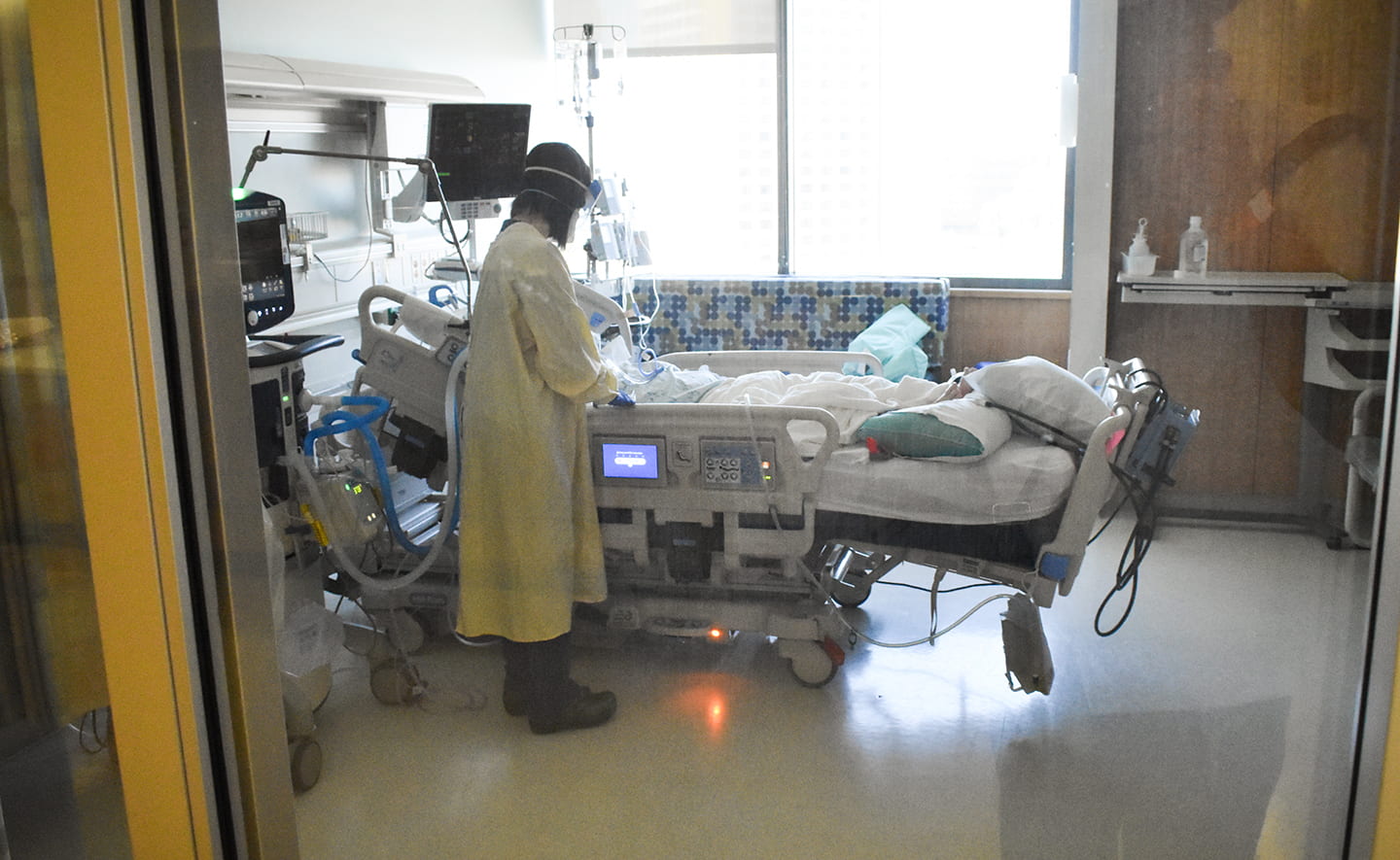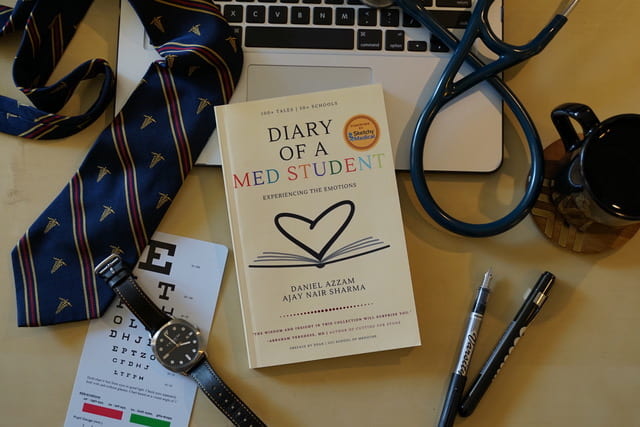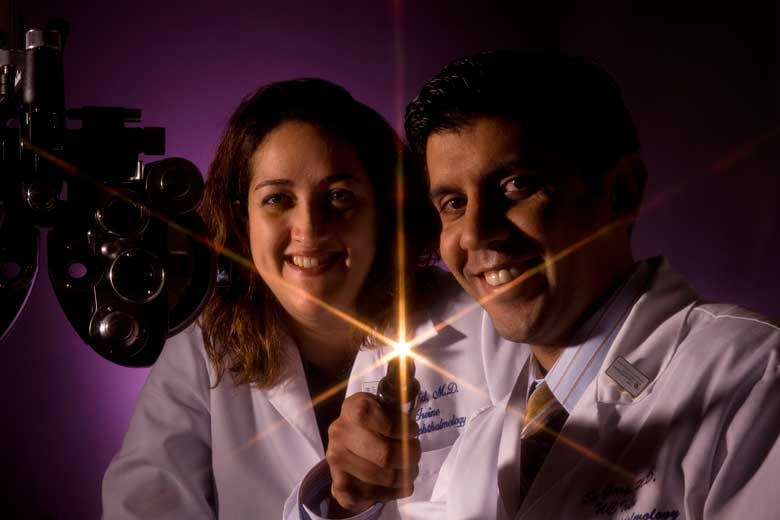UCI researchers create model to calculate COVID-19 health outcomes
Free online tool helps determine whether a patient will need a ventilator or ICU care

Irvine, Calif., Dec. 17, 2020 —University of California, Irvine health sciences researchers have created a machine-learning model to predict the probability that a COVID-19 patient will need a ventilator or ICU care. The tool is free and available online for any healthcare organization to use.
“The goal is to give an earlier alert to clinicians to identify patients who may be vulnerable at the onset,” said Daniel S. Chow, an assistant professor in residence in radiological sciences and first author of the study, published in PLOS ONE. The tool predicts whether a patient’s condition will worsen within 72 hours.
Coupled with decision-making specific to the healthcare setting in which the tool is used, the model uses a patient’s medical history to determine who can be sent home and who will need critical care. The study found that at UCI Health, the tool’s predictions were accurate about 95 percent of the time.
“We might think about this tool in terms of predicting the number of ICU beds that we might need,” said Alpesh N. Amin, the Thomas & Mary Cesario Chair of Medicine and a study author.
The researchers started collecting COVID-19 patient data at UCI Health in January 2020, allowing them to produce a prototype of the tool by March and begin this study shortly after.
The machine-learning model used UCI Health patient data to create an algorithm that uses pre-existing conditions – such as asthma, hypertension and obesity – hospital test results and demographic data to calculate the likelihood that a patient will need a ventilator or ICU care.
Though the study was based on UCI Health patients – who share a location and were primarily Asian-American, Latino and Caucasian – the researchers also tested the tool with 40 patients at Emory University in Atlanta to see whether it worked with a different patient population. It did.
While the calculator will predict the general severity score of COVID-19 patients at any hospital, clinicians must make decisions on how to proceed based on local practices and their own number of beds, number of patients, likely spread of the disease locally, etc. At UCI Health, the tool has guided patient care based on feedback from emergency, hospital medicine, critical care and infectious disease physicians.
“You have to talk to your specialists, your doctors; you have to assess how many beds you have available and come together as a group to figure out how you want to use the tool,” said Peter Chang, the assistant professor in residence in radiological sciences who designed the machine-learning model.
The team plans to expand the tool to other institutions and use it for further research. In their next study, they aim to predict which patients are most likely to benefit from COVID-19 drug trials.
This study was a collaboration between the School of Medicine, the Sue and Bill Gross School of Nursing, the Program in Public Health and the Department of Computer Science.
About the University of California, Irvine: Founded in 1965, UCI is the youngest member of the prestigious Association of American Universities. The campus has produced three Nobel laureates and is known for its academic achievement, premier research, innovation and anteater mascot. Led by Chancellor Howard Gillman, UCI has more than 36,000 students and offers 222 degree programs. It’s located in one of the world’s safest and most economically vibrant communities and is Orange County’s second-largest employer, contributing $5 billion annually to the local economy. For more on UCI, visit www.uci.edu.
Media access: Radio programs/stations may, for a fee, use an on-campus ISDN line to interview UCI faculty and experts, subject to availability and university approval. For more UCI news, visit wp.communications.uci.edu. Additional resources for journalists may be found at communications.uci.edu/for-journalists.



